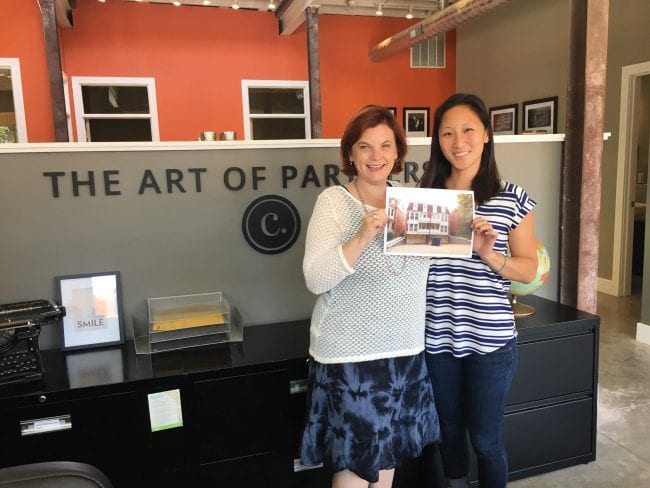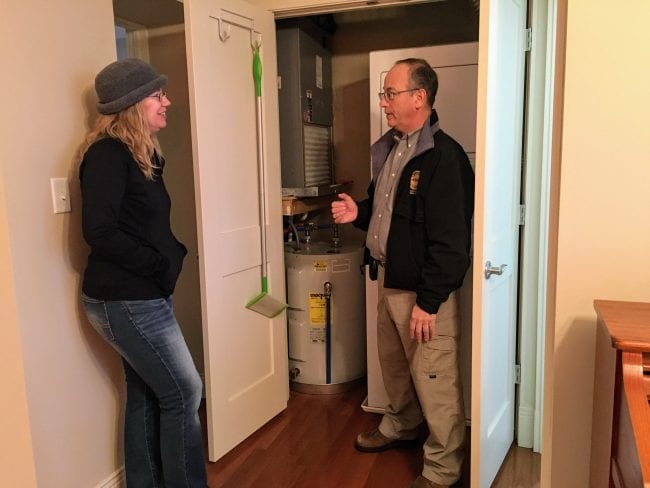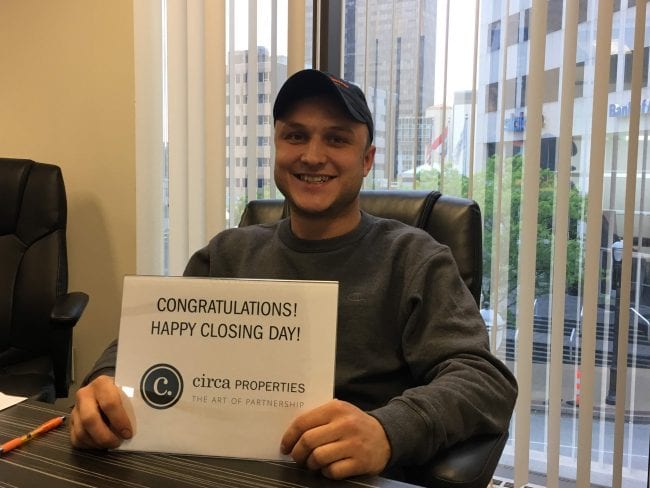
Buying a home can be an emotional, time-consuming, and complex process. Follow the tips below to make the process go as smoothly as possible.
1. Check your credit
Before you apply for a home loan, regardless of your credit score, it’s a smart idea to obtain a copy of your credit report from the three major credit bureaus and review the information. If there are errors or things that need to be addressed, it’s easier to address them before you have found a house, than after you have found a house and are trying to close your loan.
If you know that there are a few blemishes on your credit, let your lender know about the problems and why you are a still good credit risk. Lenders look at your credit to determine how likely you will pay back the loan. If you had extenuating circumstances, such as the loss of a job or medical bills, let them know so that they understand that it is not likely to happen again in the future.
2. Get pre-approved before you buy
A pre-approval means that a lender has reviewed your credit history, verified your assets and employment, and has approved your loan before you have found a home to purchase. As long as the home appraises for at least the purchase price and the title is clear, the loan should close.

A pre-approval has become the minimum requirement for most sellers before they will even consider an offer. When sellers accept an offer, they are taking their home off the market based on the expectation that the buyer will be able to close. If the buyer isn’t able to get a loan, the seller has to start over which can be costly if the seller has already made plans to move to a new residence.
While getting pre-qualified may sound just as good, it is really just getting an idea of what you can afford. Pre-qualification simply means that a lender has asked you about your income, debt and savings, and estimates your monthly mortgage payment and maximum loan value. Since your assets, income or credit is not verified, a pre-qualification doesn’t assure the seller that you can actually get a loan.
3. Find a great buyer’s agent
If you call the listing agent from a website listing or the yard sign, the agent you are talking to is representing the seller. The agent will offer to help you, but don’t forget the agent is working for the home seller.

If you walked into a furniture store and the salesperson offered to ‘help’ you, he would be working for the store…and trying to get the store a sale at the highest possible price. Letting the listing agent ‘help’ you is the same thing.
Some agents will offer to be a dual agent, representing both you and the seller. Many listing agents like dual agency since they get to keep the entire commission rather than paying a buyer’s agent. However, dual agency is not in your best interest when you are the buyer. The listing agent has a previous relationship with the seller, possibly going back years. Though realtors are required to keep all information confidential, dual agency limits the agent’s ability to advocate for either client fully.
Make sure you have your own agent who will be working for your best interests.
4. Learn about the neighborhood
Once you select a home to purchase, ask your agent to provide to you a list of comps (comps are just similar homes that have sold in the same neighborhood or area in the last 6 months). You’ll also want to see the pricing history report for the home you want to buy and the public tax records before making an offer.
How does the home rank? Is it at the top of the price range? If so, it might be hard to resell for a profit, especially if you plan to make any improvements to the property. If the price of your target home is in the middle or on the low end of recent sales, it may be a great investment.
Talk to the neighbors. If there are any problems in the area, they would be your best source of information. Since neighbors tend to want nearby homes to sell quickly (which helps their home value), they’ll probably put a positive spin on everything they tell you. The information is still valuable, just realize they are biased.

Ask the neighbors about who lives in the neighborhood. Are there many families with young children? Teenagers? Ask what they like best about the neighborhood and what are their biggest complaints.
Talk to the local police department about crime rates in the area, and check out online sex offender registration sites.
5. Protect Yourself
Make sure you receive a copy of everything that you sign when you make an offer. You should also be given copies of all counteroffers, amendments, inspections and repair negotiations.
If you are purchasing new construction and using the builder’s contract, you may want to have a real estate lawyer review the contract before signing.
Builder contracts are almost always biased toward the rights of the builder. If you ask, the builder will often modify the contract for you, so make sure you use an agent when purchasing new construction to advocate for you. Reputable builders will rarely discourage prospects from using a buyer’s agent. They may suggest that you will get a better deal without an agent, but the buyer’s agent commission is normally built into a marketing budget that is independent of the home pricing. By using an agent that can advise you on contract and inspection issues, most buyers come out ahead in the end.

Make sure you take advantage of your rights to have the house inspected. Depending on the property and area, some of the inspections you may want to obtain include:
- Building inspections
- Termite inspections
- Radon inspections
- Sewer lateral inspections
- Mold inspections
- Environmental hazard inspections
- Fire district inspections
- Municipal occupancy inspections
- Utility inspections
Don’t forget to do a final walk-through just before closing so you can make sure the house is in the same condition as when you wrote the contract and that all negotiated items have been completed.
6. Have reasonable expectations
No house is perfect. Every house will need some repairs. You might be able to get the sellers to make the major repairs, but plan on making some repairs yourself after closing.
Always get an inspection. Think about how much money you are spending on your purchase, and how foolish it would be to spend that amount of money without getting a thorough inspection. You’ll spend $350 or more to get the house fully inspected, but you’ll often make up that cost easily by identifying repairs that the sellers will agree to complete before closing.

All the work is worth it.
Take your time, do your research, partner up with a great buyer’s agent…and have fun buying your next home!







